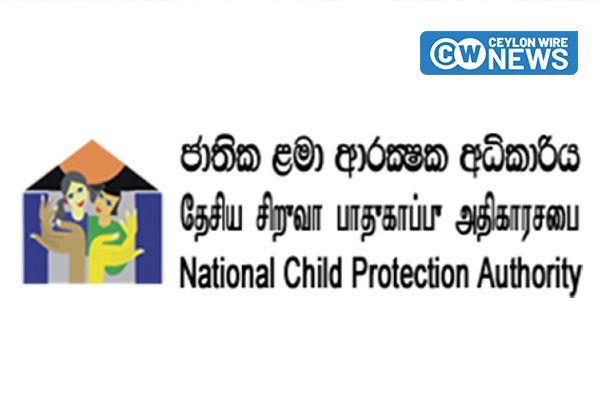The National Child Protection Authority (NCPA) has expressed concerns regarding the abolition of corporal punishment in Sri Lanka, citing issues stemming from the attitudes of children, parents, and teachers.
Channaka Udaya Kumara Amarasinghe, Chairman of the NCPA, highlighted the challenges in implementing the ban due to the prevailing attitudes among stakeholders. He noted that children who report physical harm often face difficulties, including isolation by teachers and disruptions to their education. Furthermore, societal norms often tolerate or even condone physical punishment, complicating efforts to eradicate it.
Amarasinghe emphasized the need for legislative updates, citing recommendations from the Supreme Court and UN reports. He revealed that the NCPA, in collaboration with various stakeholders, has drafted legislation for the abolition of corporal punishment, awaiting implementation by the Ministry of Justice.
The urgency of implementing the ban was underscored during a meeting convened by President Ranil Wickremesinghe, where stakeholders emphasized the importance of swift action.
Meanwhile, the ‘Stop Child Cruelty Trust (SCCT) reported a significant increase in cases of child cruelty and physical abuse reported to the NCPA over the past decade. Disturbingly, statistics show high rates of corporal punishment and psychological aggression among students, with a significant portion of teachers admitting to using physical discipline.
While SCCT advocates for legislation to abolish corporal punishment, Amarasinghe acknowledged that many cases go unreported, indicating the prevalence of physical punishment in schools despite efforts to curb it. Source – dailymirror.lk









